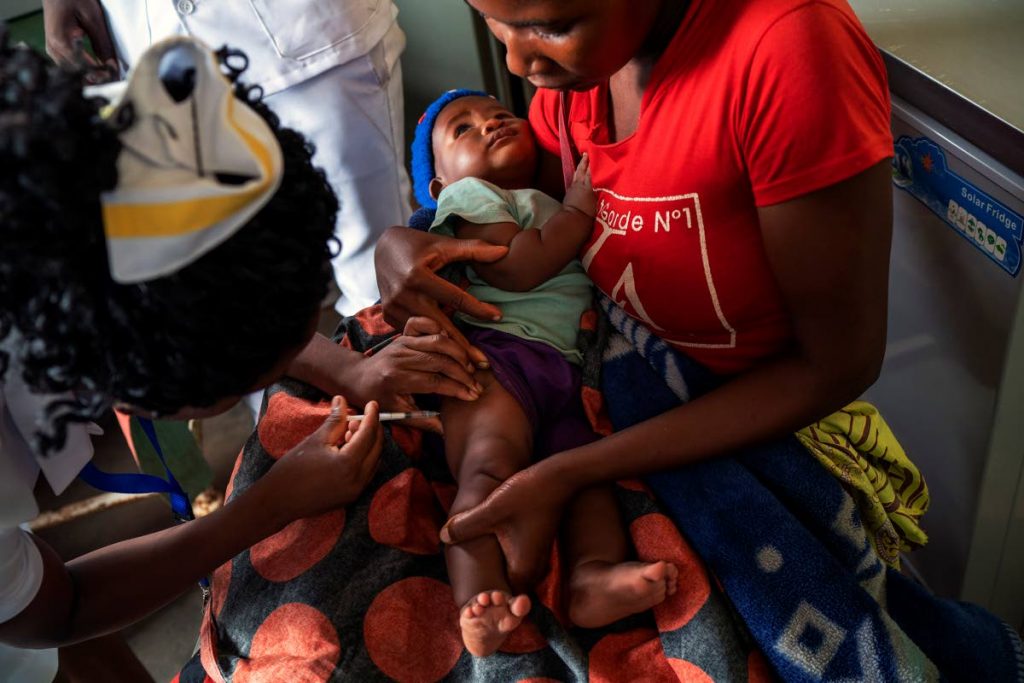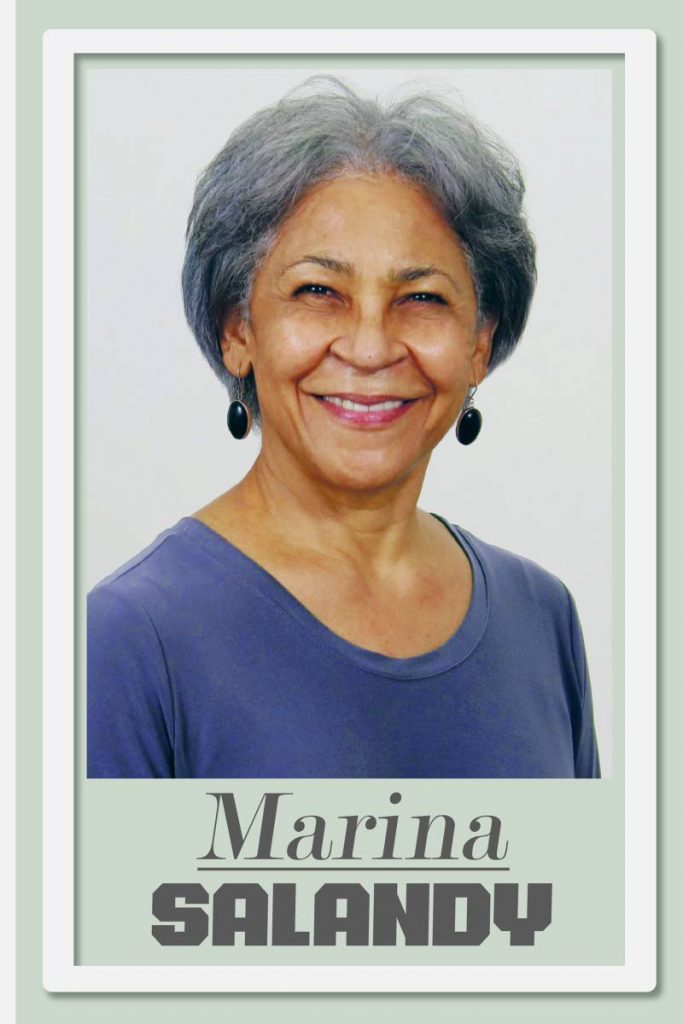A vaccine for the developing world

Malaria has killed more people over time than covid19 ever could. It has existed for millennia – over 10,000 years, from China to the Americas and everything in between – and has proven impossible to eradicate totally. The WHO estimates that in 2019 alone, 229 million clinical cases existed globally, 409,000 of those people died, of which 260,000 were children aged under five, in mainly sub-Saharan Africa – and that is a rough recurring annual figure. The US National Academy of Sciences estimates that malaria has caused the death of 150-300 million people just in the 20th century.
The fear of malaria has been, at some point, a preoccupation for everyone living in the tropics. It is a family tale that as a child my maternal uncle was successfully treated by my grandfather with a strong dose of quinine and fever grass tea. Quinine and DDT were once household words, but eradication programmes starting in the mid-1900s managed to control the disease so that any current cases in TT exist in people arriving from abroad, especially from neighbouring Amazonian countries – Venezuela, Colombia, Brazil and Peru, where it is still endemic. Sub-Saharan Africa seems to be the biggest current home of the deadly, mosquito-borne disease, with 94 per cent of all cases and deaths being recorded in Nigeria, Niger, Democratic Republic of Congo, Burkina Faso, Tanzania and Mozambique. North Africa is where a British friend of mine contracted it and suffered relapses of jaundice and horrible seizures before it finally left her severely weakened body a few years later, although I read that in Morocco and Tunisia it has been all but eradicated since 2000.
The malaria parasite invades the body and destroys the blood cells in order to reproduce. Its incubation period is usually three to seven days and the symptoms include fever, joint pain, shivers, diarrhoea, jaundice, blinding headaches, nausea and vomiting. Victims die of kidney failure, an enlarged liver, dehydration or blood loss. I was interested to learn during World Malaria Day, April 25, about the role of diet in managing an attack of malaria. Fruits are recommended to increase our immune systems and make the disease less severe. I wonder if the old folk knew that coconut water, juices of pomegranate, sugar cane and papaw, sugar-salt-lemon water and glucose water were treatments. It makes sense, as does the consumption of vegetable soups.
Research into the eradication of the most parasitic malaria-spreading mosquito, the P.falciparum, has been ongoing for at least a century, and finding a vaccine has been a priority. Only now has a vaccine been successful, after 30 years of dedicated research funded by Gavi, the Vaccine Alliance; the Global Fund to Fight AIDS, Tuberculosis and Malaria; and Unitaid, with extra funding from the Bill and Melinda Gates Foundation. Last week, the RTS,S was approved by the WHO for rolling out across sub-Saharan Africa, and in other regions with moderate to high malaria transmission, for children aged over five months. It comes after a pilot programme in Ghana, Kenya and Malawi, that involved 800,000 children since 2019.

This is a major breakthrough and should give us encouragement when we consider the covid19 vaccines. The sceptical reader might underline the long period of research and development compared to the covid vaccines but it is worth pointing out a century of scientific failure with the malaria vaccine. It shows just what a remarkable achievement the covid vaccine is. New technologies have accelerated research and we need no longer suffer the torturous and expensive setbacks of malaria research. Our thinking has not kept pace with the advancement of epidemiological knowledge and skills and it has made us disbelievers. Why can we accept mobile phones, which are still a wonder to me, or a Tefal cooking pan or a car controlled by computer settings? I never open the bonnet of my car. What for, when I can understand nothing in the engine and whenever there’s a problem, a light appears on my dashboard? I don’t second guess the car manufacturers so I won’t do so either with the scientists whose job it is to find modern solutions to global threats and to safeguard human life.
It is a luxury to refuse to be vaccinated when so many people worldwide need and want vaccines, of all sorts. We take for granted the high level of healthcare we enjoy in this country, notwithstanding the shortcomings. We have vaccines against deadly and disabling diseases freely available, plus many other countries have been unable to secure enough covid vaccines for their people or been able to effect such efficient roll outs as ours. The real challenge for the malaria vaccine will be getting it to all who need it in Africa because I cannot imagine people refusing to be vaccinated against such a deadly and formidable disease that steals their offspring. Maybe if covid were a child-killer we would have a different attitude. I look forward to a malaria vaccine being available to all of us before too long, leaving us feeling safe when we travel for work or pleasure.

Comments
"A vaccine for the developing world"